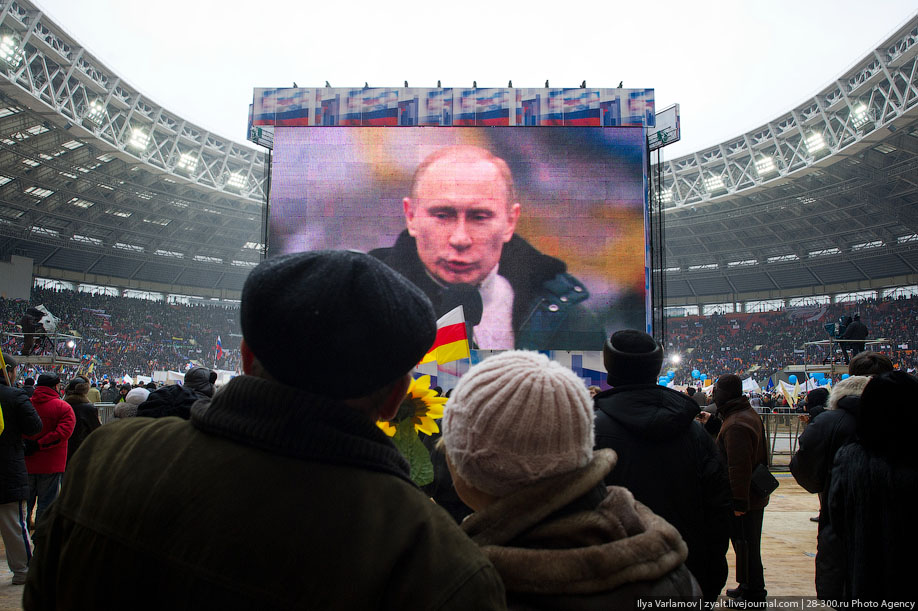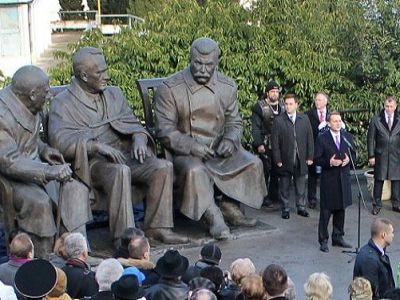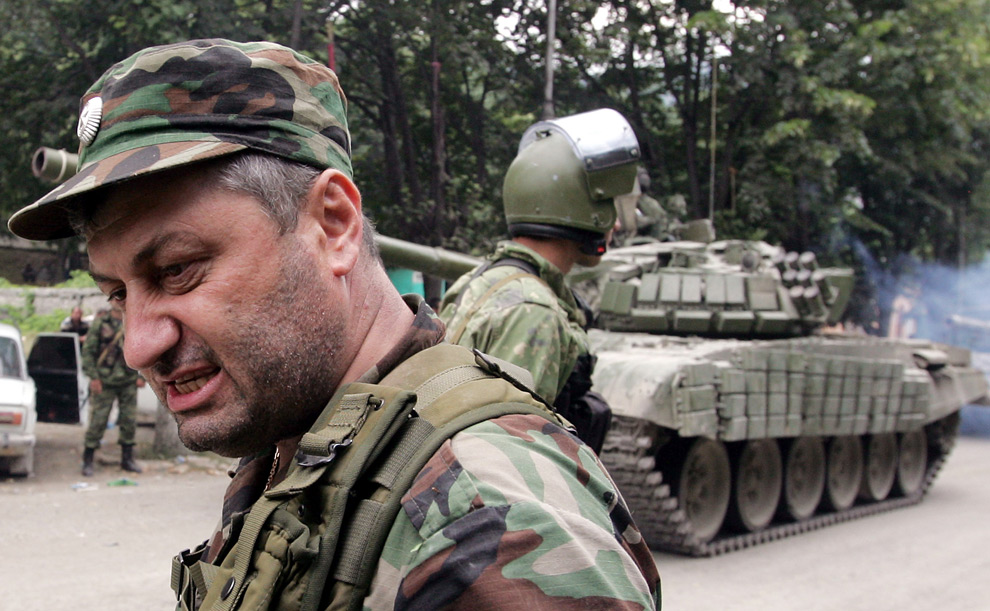At least ten percent of the ethnic Russians in the Russian Federation who have converted to Islam over the last decade have done so while in prison, according to Roman Silantyev, and most of those, he adds, have become adherents not of traditional Islam but rather of the most radical Muslim groups and thus potential fighters for the Islamic State.
The case of Varvara Karaulova, a Russian convert to Islam who today pleaded guilty to trying to go to Syria to fight for ISIS, has attracted new attention to what many Russians fear most: the conversion of ethnic Russians to Islam, something that calls into question the strength of their ethnic identity and could make it easier for Islamists to launch terrorist attacks.
The number of such converts is unknown, with seldom disinterested estimates running from a few thousand to 50,000 or more. Most Russians who convert do so as a result of marriage or because of a spiritual search that often takes them from being among the most committed Orthodox Christians to being equally or even more committed Muslims.
But among the ranks of these new Muslims are those who converted while in prison, and in these cases, many of them evolved from extreme Russian nationalist views to equally extreme Islamist ones, according to Silantyev, a controversial specialist on Islam with close ties to the Moscow Patriarchate.
The director of the Human Rights Center of the World Russian Popular Assembly, he told “Komsomolskaya Pravda” this week that “at a minimum 10 percent of the new converts to Islam among Russian men accepted the faith in penal institutions” and that they typically became Wahhabis.
Many of those converts started with fascist views and only intensified those views when they became Muslims, Silantyev says. He pointed to the position of the National Organization of Ethnic Russian Muslims (BORN) which calls for “’a Russia for the ethnic Russians, and Islam in Russia for the ethnic Russians.”
That often produces combinations which no one might expect, he continues. He pointed to one Maksim Baydak, “a nationalist-fascist, a Jew by nationality and a Wahhabi.” And it can mean that the energy that they devoted to earlier causes is thus multiplied by the energy they get from conversion.
Some of those who convert to Islam do so as a result of the efforts of their fellow prisoners, and sometimes they do so less because of any “ideological considerations” than because being a Muslim gives them advantages over other prisoners such as going to a prayer room or having special food.
A decade ago, Silantyev continues, Russians who converted to Islam in prisons typically were recruited by the Hizb ut-Tahrir organization; now, they are being recruited to ISIS. And “alas,” he says, this trend is becoming increasingly “typical” – and presumably increasingly large as well.
Russians have long been concerned about the impact of prison life on the ideological views of inmates. Lenin famously called prisons and exile “our universities,” opportunities for party members to deepen their knowledge of revolutionary theory and to recruit others to the cause.
In recent months, Russian officials have discussed isolating those who are already Muslims from others, a task complicated by the fact that there are more than 35,000 Chechens in Russian penal institutions not to mention additional thousands of other Muslims and also by the fact that often the jailers can’t identify in advance who is an Islamist and who is not.
Thus, in this sector as in so many others, the Putin regime’s reliance on force alone to cope with challenges may backfire with arrests of Islamist radicals not leading to a diminution of the problem for Moscow but rather just the reverse.






